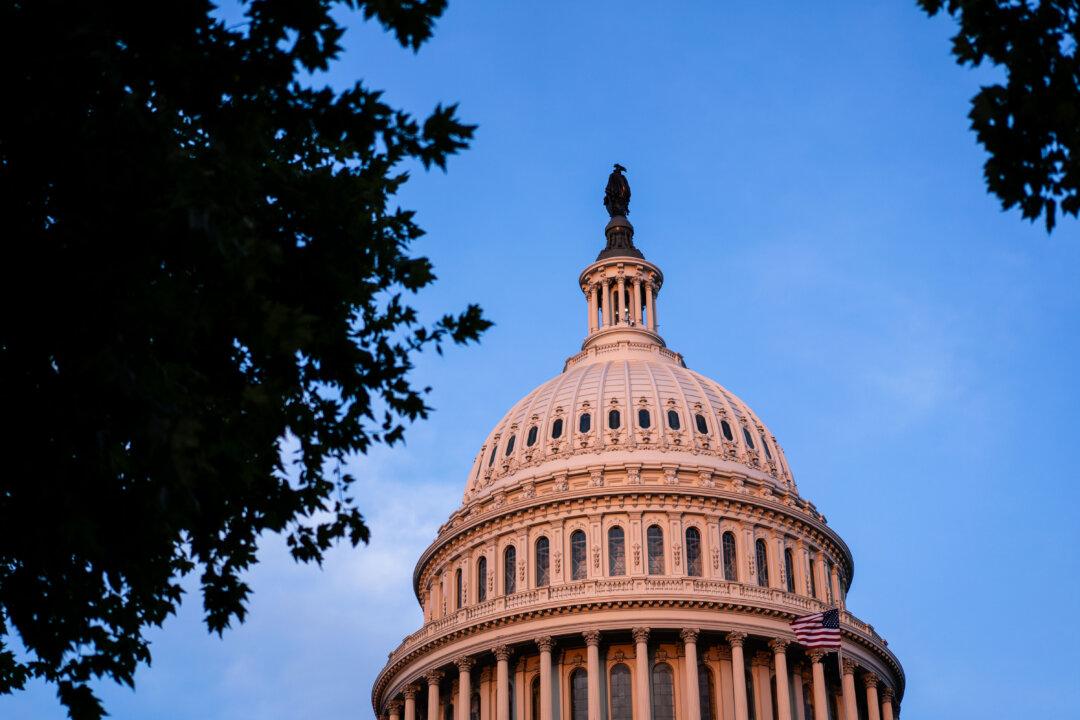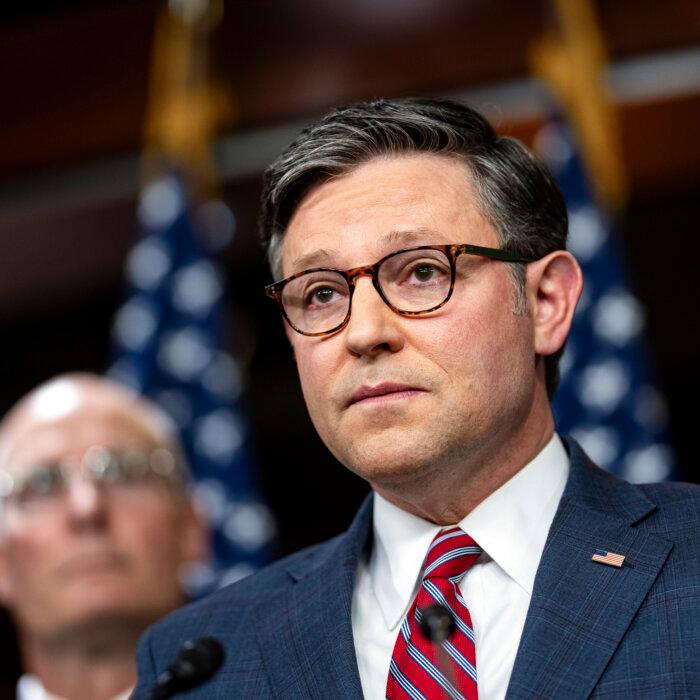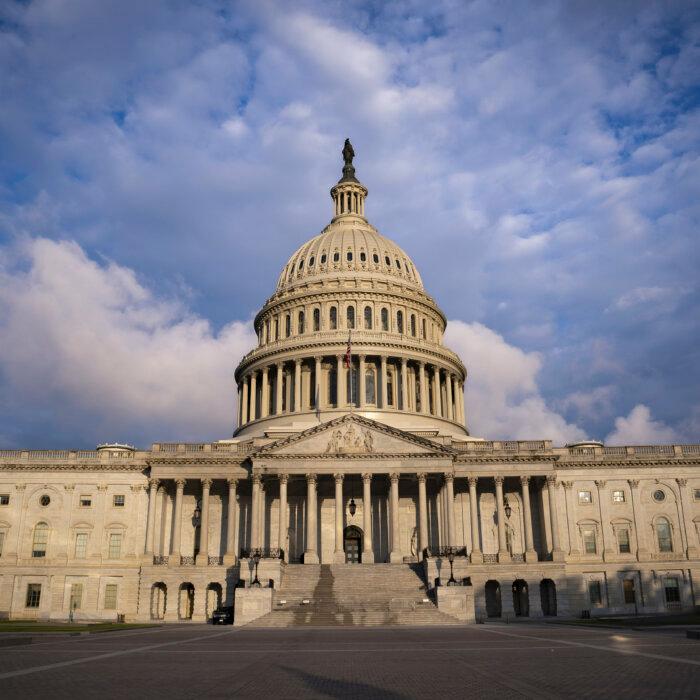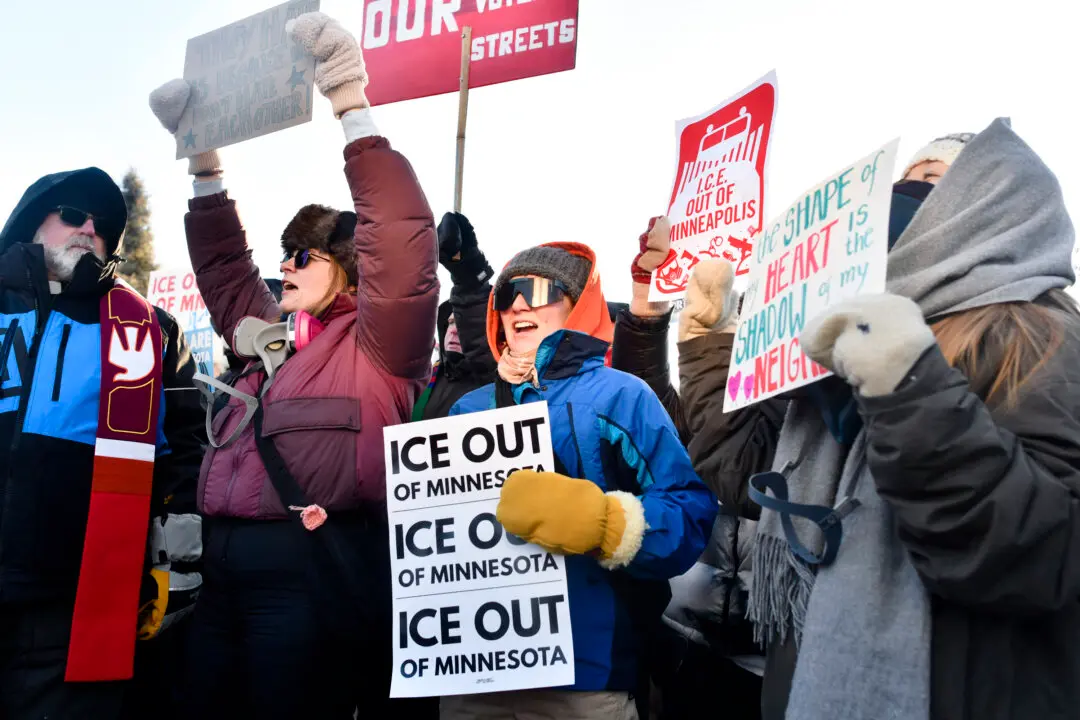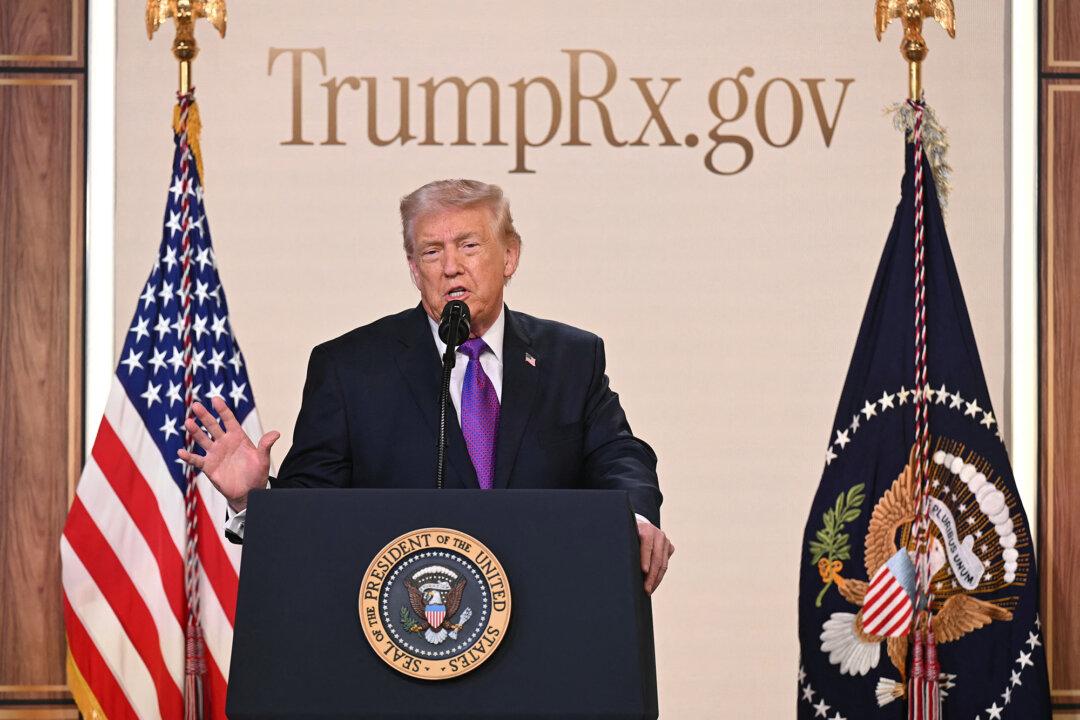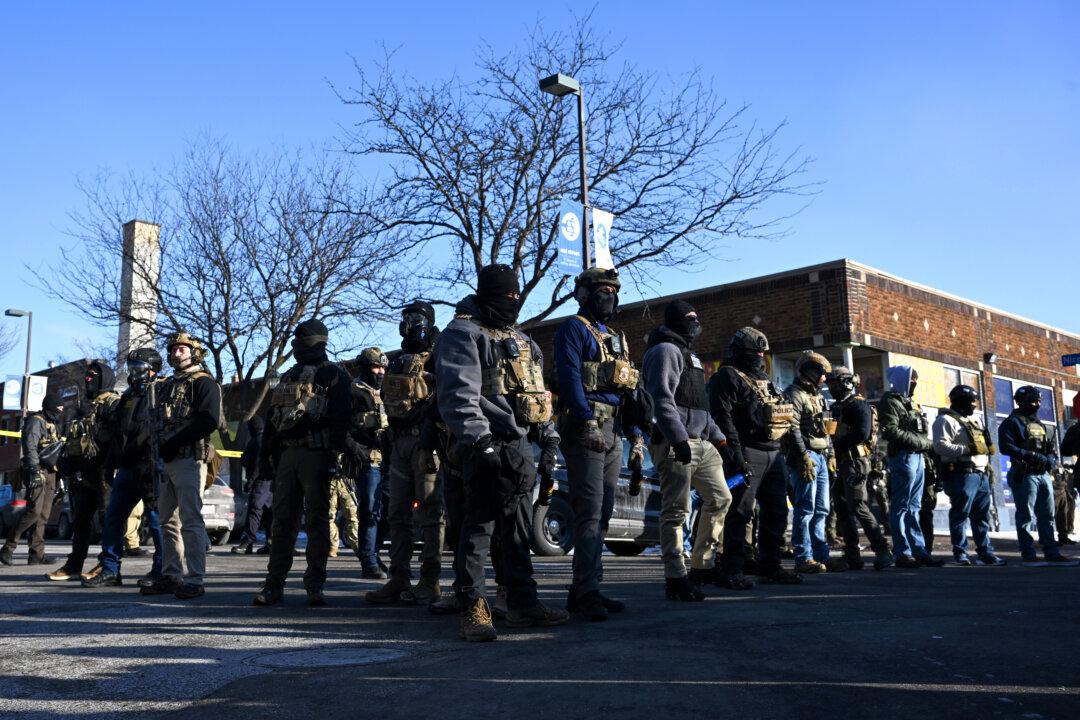The clock is ticking on a potential shutdown of the U.S. government—an annual but real threat—after the speaker of the House pulled a vote at the last minute on a so-called stopgap bill.
With only three weeks to go, Republican House Speaker Mike Johnson (R-La.) delayed a vote on the spending bill on Sept. 11, owing to Republican opposition that meant it would not have passed, saying more work needs to be done.
A stopgap bill, also called a continuing resolution, is a short-term government funding agreement to prevent government shutdowns when the main fiscal bill can’t be agreed. It’s not unusual for a temporary measure to be put into place while the main fiscal bill is still being debated.
“No vote today, because we’re in the consensus-building business here in Congress, with small majorities, and that’s what you do,” Johnson told reporters at the Capitol in Washington, D.C.
Johnson said they will be working throughout the weekend to find a bill that would gain enough votes for passage.
The fiscal bill for 2025 is due to come into force on Oct. 1, but if an agreement isn’t made by Sept. 30 the government will shut down.
The bill would need a House majority of at least 218 votes to pass, before being voted on by the Senate, and then sent to President Joe Biden’s desk to sign. Democrats are in opposition to the bill, and Biden has vowed to veto it.
The House speaker is the leading officer of the House in Congress, which is made up of the House and the Senate, where legislation is made and national policy is shaped.
The House speaker is elected every two years, with the next election taking place in January 2025.
One of the disputed pieces of legislation in the current stopgap bill is the Safeguard American Voter Eligibility (SAVE) Act that would require proof of citizenship to register to vote.
Democrats strongly oppose that act, saying it would disenfranchise minority voters.
Government shutdowns have occurred during numerous administrations since the modern budget process began in 1974, normally over policy disputes between Democrats and Republicans involving spending.
Some of the more significant shutdowns that have occurred include the Clinton administration’s 21-day shutdown in 1995–1996 over education, environment, and health care funding; and in 2013, during the Obama administration, the government shut down for 16 days owing to disputes over Obama’s health care act that came to be known as Obamacare.
The longest and most recent was during the Trump administration, when the government shut down for 35 days in 2018–2019 over the funding of a wall on the U.S.–Mexico border.
